 This is an unnecessarily complex way to convert your Google Play book to a Kindle readable version. Why don’t they make their systems interoperable? (Sigh!)
This is an unnecessarily complex way to convert your Google Play book to a Kindle readable version. Why don’t they make their systems interoperable? (Sigh!)
Go to Google Play Books:
Step 1: Click ‘My Books’
Step 2: Hover over the book you’ve bought in Google Play and click the ︙ button.
Step 3: Select download ePub and download it to your computer.
Step 4: Install Adobe Digital Editions (yes, you really have to do this).
Step 5: Once you’ve setup an account, go to ‘File’ and ‘Add to Library’, then select the file you just downloaded and open it.
Step 6: Go back to Library
Step 7: Download Calibre (yes, you also really have to do this.)
Step 8: Download DeDRM Tools (shhh… just do it) and extract files.
Step 9: On the main screen of Calibre, go to Preferences, and then click Plugins, under the Advanced Tab.
Step 10: Click ‘Load Plugin from File’ and select the DeDRM Tools file you just downloaded and extracted.
Step 11: Restart Calibre and Click ‘Add Books’, and select the downloaded file from My Digital Editions
Step 12: Select ‘Convert Books’, and select MOBI as the output file type.
Step 13: On the right of the Calibre app there should be a Path: Click to open link. This will lead you to your newly created MOBI file, which you can transfer to your Kindle.
Step 14: You’ll generally have an email that you can send files to, or you can just do it the old fashioned way via USB.

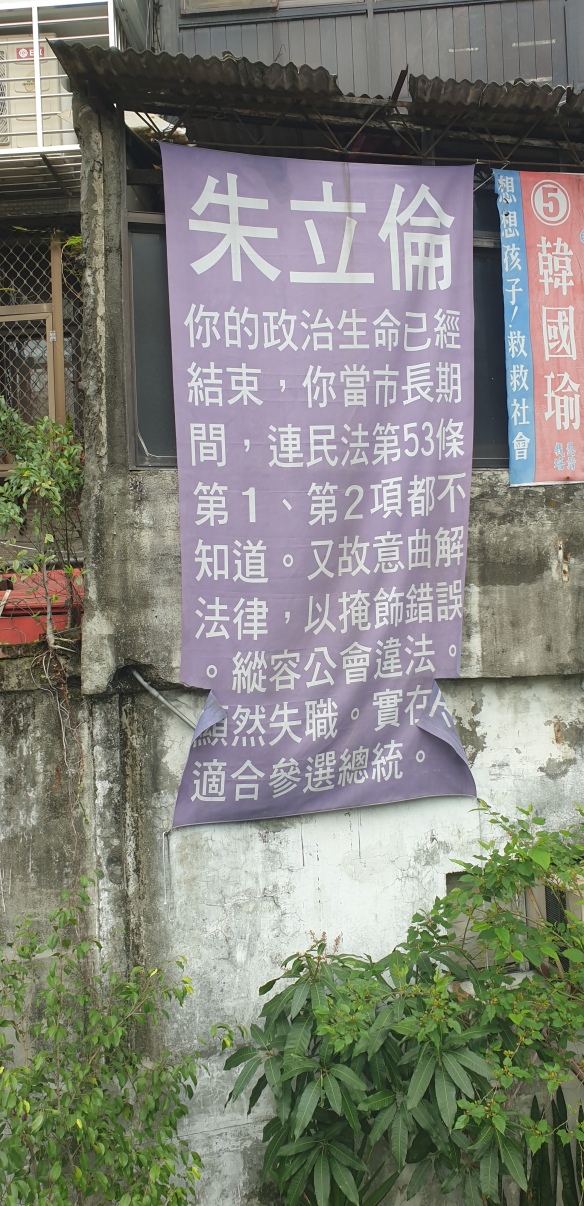



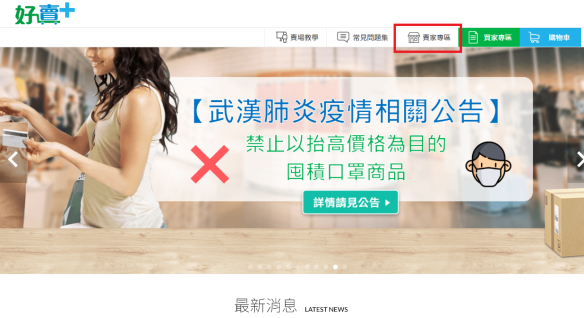

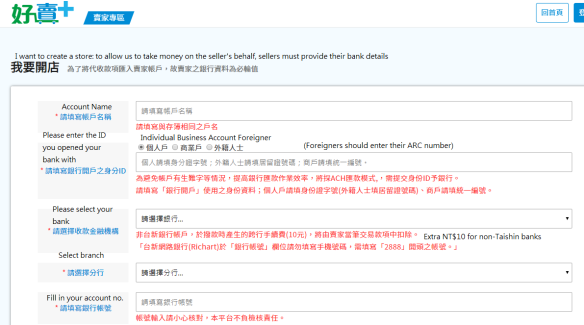
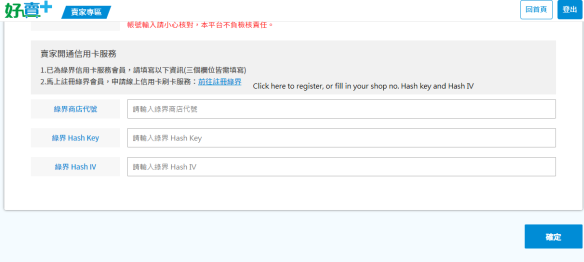
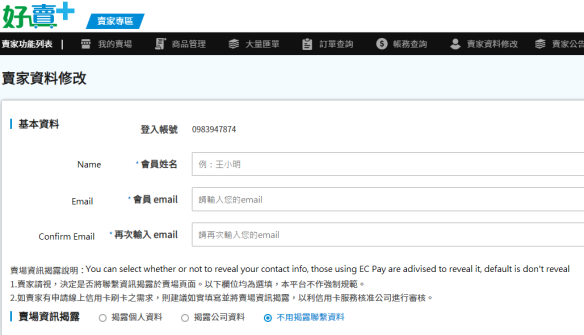

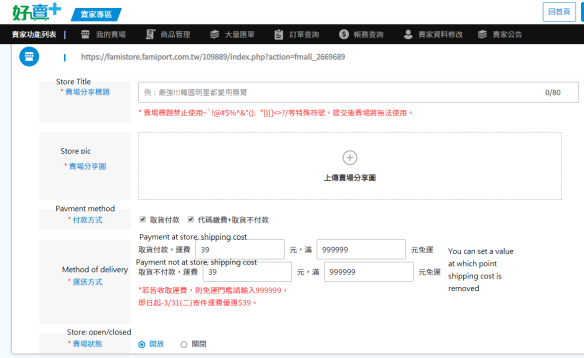
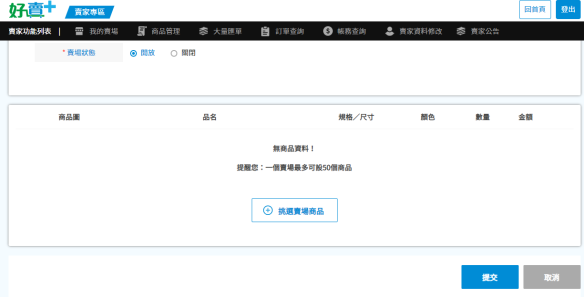
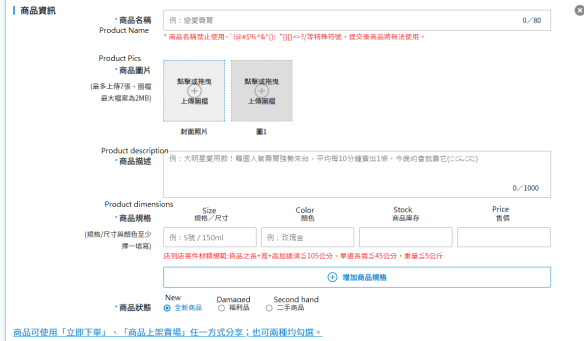







 他們已經上了客運要從海邊回到城市。雖然曬傷了,不過身體還沒感覺,只是全身疲憊,終於可以坐下來了很舒服。因為整晚都在眾多篝火之間跳舞、玩水,所以除了體味,J跟K兩個人身上還有一股煙味,混著海水留下的那種腥味。客運坐滿了跟他們一樣過完了篝火節要回城市的人,因此,他們不能跟平常一樣坐在前後兩排的雙人座,隔著椅背講話,只能並坐在同一張椅子上。雖然空間有限,J還是照常地把雙腿張開。K感到J的腿輕輕地貼著自已的腿,臉稍微熱了起來。車離開車站的時候,J已經睡著了,但K還沒有睡意,一直看著窗外。海平線那兒,晨光剛開始流過海面,覺得很美。
他們已經上了客運要從海邊回到城市。雖然曬傷了,不過身體還沒感覺,只是全身疲憊,終於可以坐下來了很舒服。因為整晚都在眾多篝火之間跳舞、玩水,所以除了體味,J跟K兩個人身上還有一股煙味,混著海水留下的那種腥味。客運坐滿了跟他們一樣過完了篝火節要回城市的人,因此,他們不能跟平常一樣坐在前後兩排的雙人座,隔著椅背講話,只能並坐在同一張椅子上。雖然空間有限,J還是照常地把雙腿張開。K感到J的腿輕輕地貼著自已的腿,臉稍微熱了起來。車離開車站的時候,J已經睡著了,但K還沒有睡意,一直看著窗外。海平線那兒,晨光剛開始流過海面,覺得很美。 我最近在看一本名為《Less》的同志小說。主角Less是一位年近五十的同志小說家,他在二十幾歳的時候曾經跟一位比他大二十歳的大師級詩人在一起,但他四十幾歳的時候則是跟一位比他小二十歳的青年交往。然而,正當Less要邁入生命的後半段時,那位現在已經三十幾歳的情人找到了跟他年紀相近的伙伴,所以與Less分手。
我最近在看一本名為《Less》的同志小說。主角Less是一位年近五十的同志小說家,他在二十幾歳的時候曾經跟一位比他大二十歳的大師級詩人在一起,但他四十幾歳的時候則是跟一位比他小二十歳的青年交往。然而,正當Less要邁入生命的後半段時,那位現在已經三十幾歳的情人找到了跟他年紀相近的伙伴,所以與Less分手。 TVBS’s ‘The Situation Room’ has returned to talking about the
TVBS’s ‘The Situation Room’ has returned to talking about the